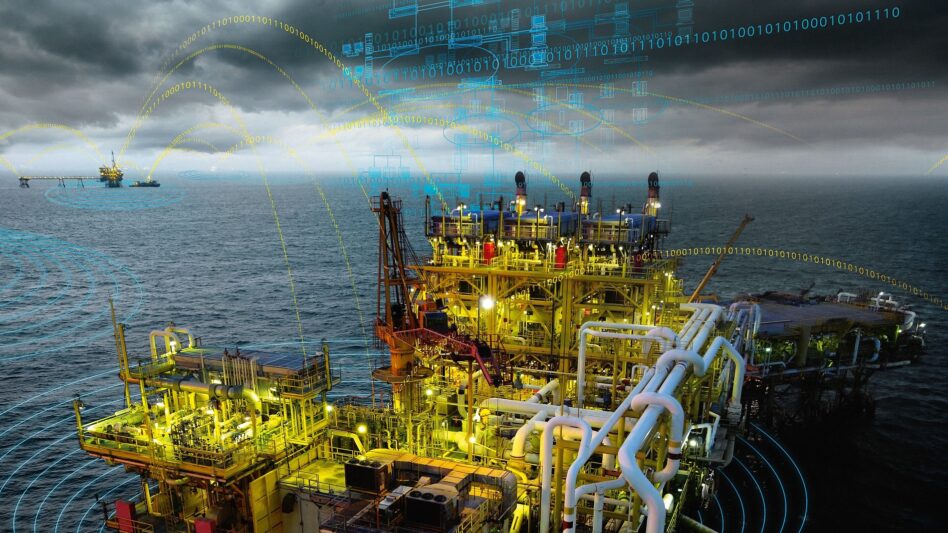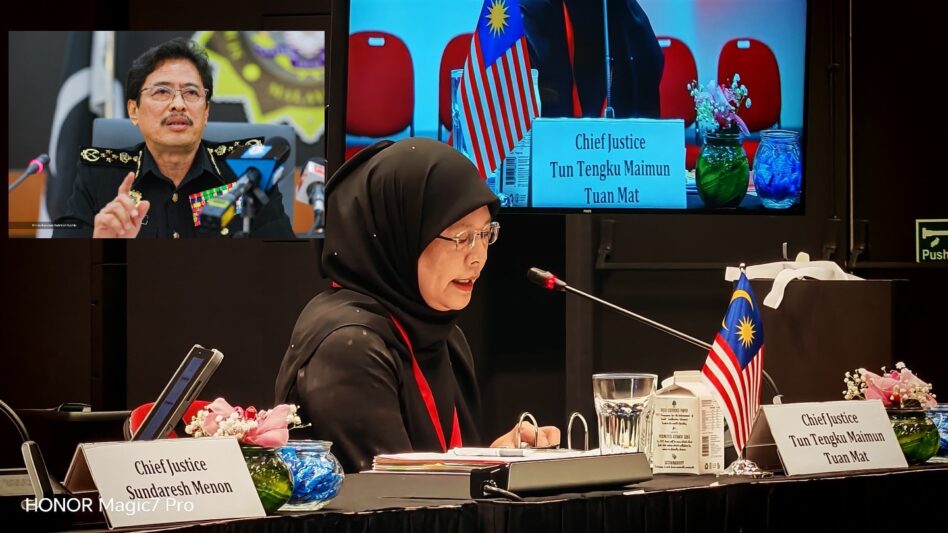PRIME Minister Datuk Seri Anwar Ibrahim has called for a bold and urgent transformation of Malaysia’s economy, governance, and society, stating that the country requires a “quantum leap” if it truly aspires to become a developed nation.
Speaking at the fifth series of the Malaysia Madani Scholars Forum (FIM), Anwar stated that gradual or minor changes are no longer sufficient to keep pace with global developments.
He emphasised how we cannot rely on slow or routine reforms but need a big, bold push—a quantum leap—to compete, grow, and move forward as a just and developed nation.
Some characteristics of a developed nation
A developed nation is typically characterised by a high level of progress in multiple interconnected areas.
What does it take to become a developed nation? A strong economy marked by a high gross domestic product (GDP) per capita reflects a productive and wealthy nation. There must be diversified industries that do not rely on a single sector (e.g., oil, agriculture).
Additionally, global competitiveness, innovation, exports, and strong business environments are essential.
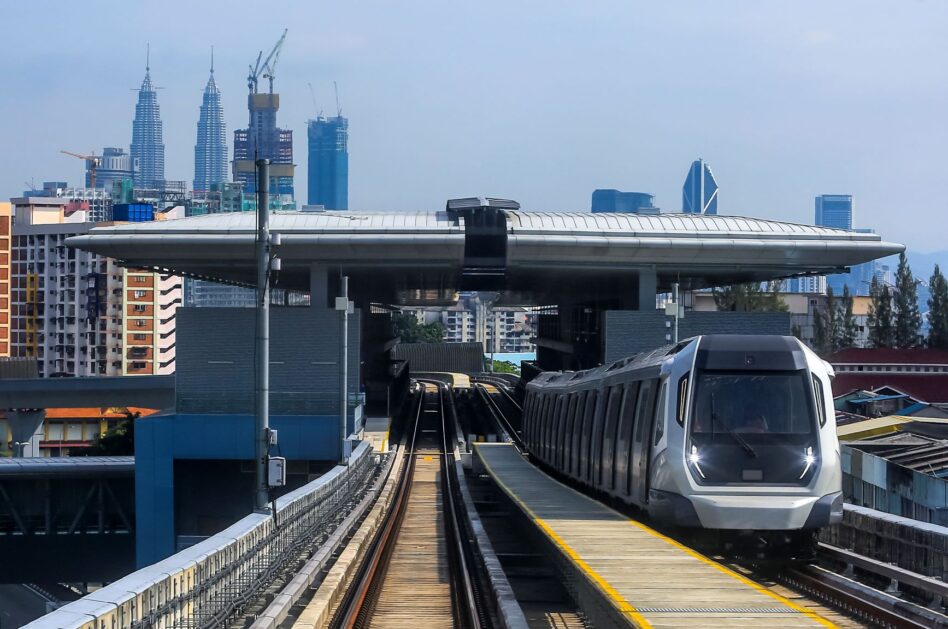
The infrastructure must be advanced and efficient, including transportation (roads, rail, airports), reliable energy, water, and telecommunications systems, along with modern cities featuring smart urban planning.
The standard of living must be high, offering quality housing and amenities, access to healthy food and clean water, work-life balance, and leisure options.
An excellent education system is crucial, characterised by high literacy rates and access to quality education at all levels, with a strong emphasis on STEM, critical thinking, and lifelong learning.
Robust universal healthcare accessibility, along with high life expectancy and low infant and maternal mortality rates, is also necessary.
Good governance is a hallmark of developed nations, characterised by stable, transparent, accountable government, adherence to the rule of law, low corruption, and effective public services and institutions.
Another hallmark is social equality and inclusion, with low poverty rates and income inequality. All citizens should have rights and opportunities regardless of gender, race, or background, supported by social safety nets for the vulnerable.
Environmental sustainability is imperative, with clean energy, low emissions, and responsible resource management. Policies must be in place to protect biodiversity and adapt to climate change.
Cultural and scientific development supports the arts, sciences, and innovation, thus investing in research and technology.
This fosters a strong cultural identity while remaining open to global ideas. Countries like Japan, Germany, Norway, and South Korea illustrate these principles in action, each with its own strengths.
Current status of Malaysia and how to make it a developed nation
Malaysia’s current status is contradictory in some areas but shows improvement in others.
Economically, it is classified as an upper-middle-income nation with aspirations to become high-income soon. Its strengths lie in manufacturing, palm oil, tourism, Islamic finance, and a growing digital economy.
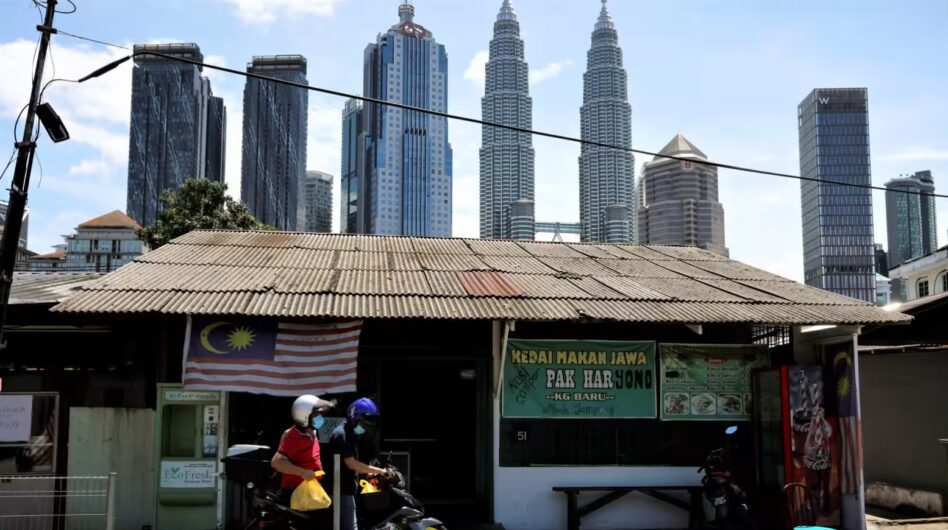
However, challenges include being trapped in the middle-income bracket, caught between low-wage and innovation-based economies.
There is also concern over the rising cost of living, particularly among the youth, who face unemployment and underemployment.
In terms of education and skills, access is good, but quality is uneven, with challenges related to a mismatch between graduates and job market needs due to limited emphasis on critical thinking, communication, and creativity.
Malaysia has a functioning democracy with regular elections. However, challenges include political instability (frequent changes in government) and a high perception of corruption, contributing to policy inconsistency that deters long-term planning.
Social cohesion in Malaysia is peaceful but fragile, exhibiting superficial unity across races and religions. Racial politics and polarised narratives pose significant challenges, exacerbating inequality between regions and groups (e.g., rural vs. urban, Sabah/Sarawak vs. Peninsular).
Environmentally, Malaysia remains heavily reliant on natural resources. The nation faces challenges related to environmental degradation (deforestation, pollution) and limited enforcement of green policies.
Globally, Malaysia’s competitiveness is ranked moderately well in terms of ease of doing business and logistics; however, improvements are needed in innovation, higher education, and digital transformation.
How citizens can contribute at the ground level
Professionals and working adults must embrace lifelong learning (in areas such as technology, communication, and leadership) by upgrading their skills through government programs (e.g., HRD Corp, MyDigital).
Ethical practices, including upholding transparency, integrity, and fairness in the workplace, as well as rejecting corruption, shortcuts, or favouritism, must become the motto of all Malaysians.
Mentorship and community contributions, such as guiding youths, interns, and fresh graduates by offering free talks, career workshops, or mentorship in various fields, should be increased.
There must be significant support for local businesses, innovations, and sustainable products by promoting Malaysian talent and solutions.
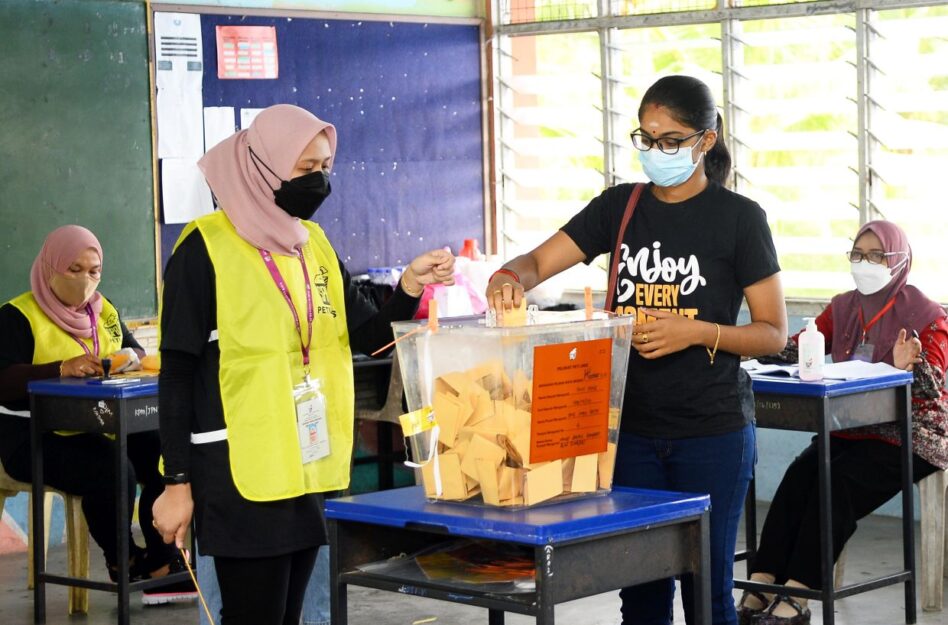
Malaysians should become responsible digital citizens by spreading accurate information and avoiding hate speech or misinformation. Social media should be leveraged to build unity and facilitate constructive discussions.
Citizens at all levels must vote wisely by choosing leaders based on vision, integrity, and capability—not on race, religion, or populist promises.
Malaysians must celebrate diversity and avoid divisive language by building friendships across ethnic and religious lines.
Volunteering and participating by joining NGOs, residents’ associations, or community programmes to support education, the environment, or youth initiatives in local areas is essential.
Additionally, Malaysians should practice recycling, reduce plastic use, and support green energy to contribute to local conservation efforts. Constructive voices are needed in public dialogues, advocating for education reform, better infrastructure, and fairer policies.
Ultimately, nation-building is everyone’s responsibility. Malaysia will not become a developed nation solely through government action; it requires a civic-minded, future-ready, and united population that acts with purpose in everyday life—at the office, at home, and in the community.
In short, it is every Malaysian’s responsibility. – April 23, 2025
KT Maran is a Focus Malaysia viewer.
The views expressed are solely of the author and do not necessarily reflect those of Focus Malaysia.
Main image: AP





